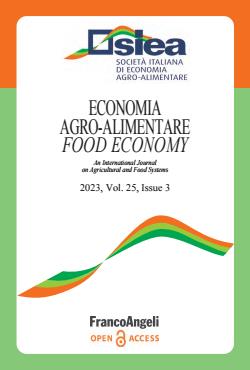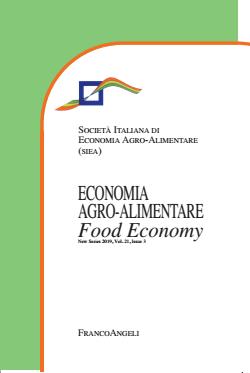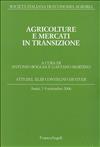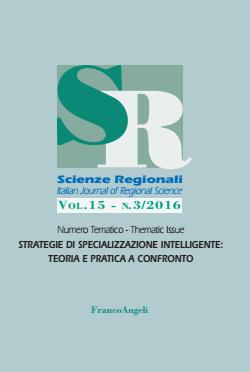
This study investigates how the decision making process in Solidarity Purchasing Groups (SPGs), intended as hybrid organizations, supports the sustainability transition in food systems. The process of sustainability transition in food systems involves many kinds of tensions, especially in the process of pursuing a multiplicity of economic, social and environmental objectives. This study focuses on the SPGs in Italy and study how they organize their internal decision-making process and their search for the group objectives. This paper argues that the decentralization of the decision rights in SPGs sustains the integration of such different objectives and coordinates efficiently the multifaceted values of their members. The empirical analysis shows that the decision rights are decentralized and that the decentralized decision rights positions in solidarity purchasing groups are associated with the pursuing of different objectives. Our findings indicate that SPGs contributes to the transitions toward sustainability in food systems by using organizational democracy mechanisms to coordinate tensions among social, market and environmental values.












